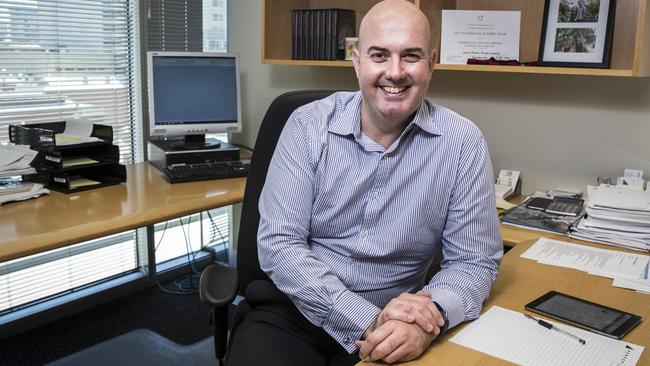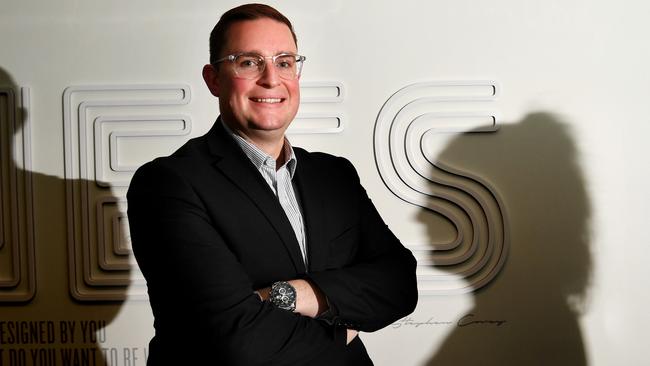The hobbies that jobseekers should include in their resume
Adding personality to a resume can provide extra insight into an applicant, especially in terms of cultural fit. However, recruiters reveal if it’s a turn off.
Careers
Don't miss out on the headlines from Careers. Followed categories will be added to My News.
CAREERS’ panel of expert recruiters answers a reader’s question each week. Have a question? Email careers_qs@news.com.au
What are common hobbies people list on their resumes and what do they say about the applicant?
Lisa Morris
Director,
Hays
The most common hobbies listed on a resume are reading, photography, cooking or sporting activities. They can give the reader an insight into the personality of the candidate. However, in general, our advice is to avoid using precious space on your resume to list hobbies. After all, this section of a resume is optional, and it’s advisable to focus instead on the skills and experience that make you suitable for the job you’re applying for. The exceptions occur when you have limited relevant experience or if the employer specifically asked applicants to list hobbies. In these cases, keep it brief. Avoid saying anything that could be contentious, such as political affiliations, and wherever possible, use the space to show how your personality is suited to that of the organisation to which you’re applying. In other words, make sure the hobbies you include add to what’s required in the job. For example, consider listing a hobby that requires skills or experience relevant to the role, such as organisational or communication skills.

Justin Hinora
Executive consultant,
Hender Consulting
Enjoying food/wine, spending time with family/friends, and travel are some of the most common hobbies/interests listed in CVs. While “travel” might project being adventurous or courageous on one hand, it’s important that it’s not misinterpreted by the employer as someone forever seeking holidays away from work. One that stands out for me is, about 10 years ago – before lego became as popular again as it is today – someone listed “playing lego with my 7-year-old son”. This projected a sense of fun, humility, responsibility and values. If there is any correlation between the role or industry you are applying to and your hobbies/interests, then make sure you include them.

Andrew Sullivan
Managing director,
Sullivan Consulting
Personally, I’m not a fan of putting hobbies on your resume, but some people still include them. The most common hobbies I see listed are reading, playing sport, catching up with friends, red wine drinking, socialising, travelling and supporting the Crows or the Power. Some people tailor their hobbies to the roles they apply for (drinking wine/applying for jobs in the wine industry) but remember that putting your favourite sporting team can also polarise the employer, particularly if they support the other team. If you want to include hobbies, think about whether this strengthens your application or if the space could be used better by including something else.

Alexandra Rosser
Head of Organisational Psychology Consulting,
Stillwell Management Consultants
Common hobbies are specific sports, going to the gym, bushwalking, reading, cooking, travelling, volunteering for charities, community organisations or kids’ sport, and spending time with family and friends. Candidates generally list hobbies on the resume to communicate to the recruiter/employer a little about what makes them tick and/or to identify personal qualities or transferable skills that they have acquired through their hobby that may relate to the role, for example writing skills through blogging, finance skills through being treasurer of a club, public speaking through debating or thinking agilely through improv acting.

For more Careers news, advice and reader questions answered, visit adelaidenow.com.au/careers
More Coverage
Originally published as The hobbies that jobseekers should include in their resume




